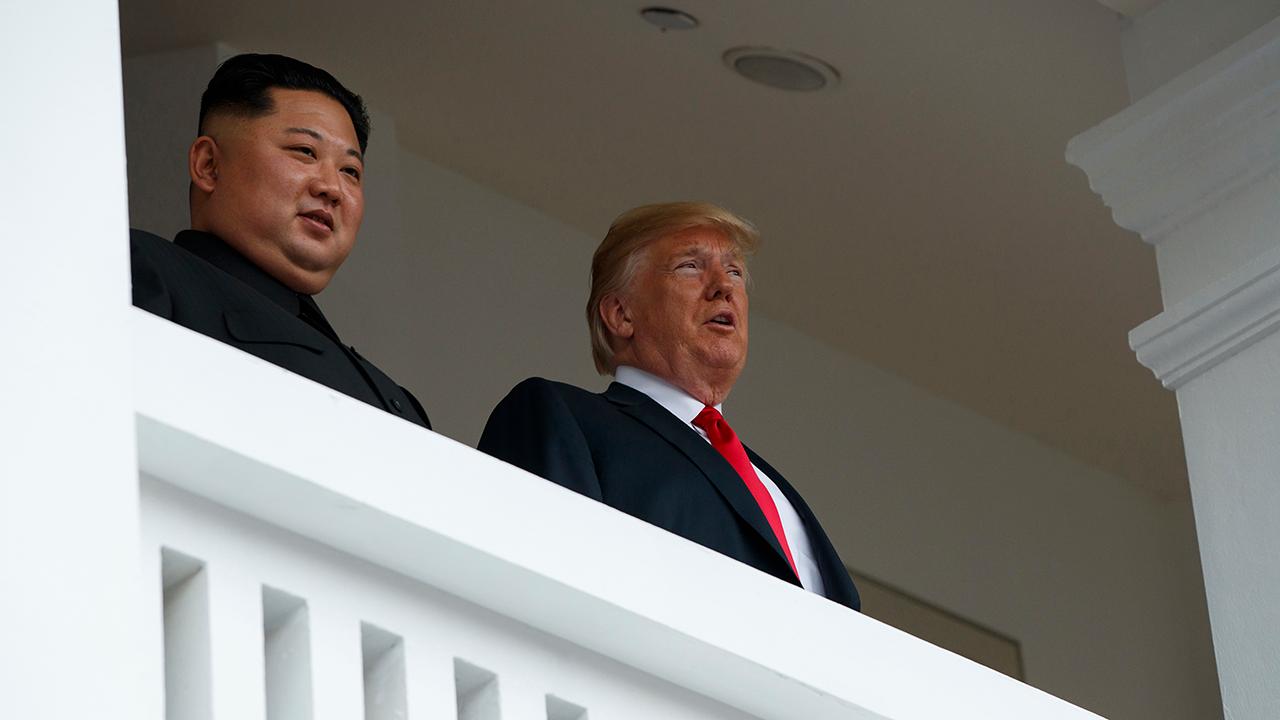North Korea cyberattack strength sits in the shadows of nuclear focus
While nuclear weapons were the main focus of the summit between President Trump and North Korean leader Kim Jong Un on Tuesday, a hidden – but significant – threat looms behind the scenes: cyberattacks.
Though the country’s nuclear program has dominated headlines due to fears the regime may create a weapon capable of striking the continental U.S., its team of hackers has been behind some of the bigger cyberattacks in recent years. The problem, Payton said, is that the scope of the country’s cybersystem is sometimes forgotten due to the emphasis on controlling Pyongyang’s nuclear developments.
“It’s hard to hide nuclear facilities with all of the global satellite technology we have today,” Theresa Payton, former White House Chief Information Officer under President George W. Bush and CEO of Fortalice Solutions, told FOX Business. “But you can definitely hide in plain sight the elite cyber operations that North Korea has built, and they can use it to flex its muscle.”
In perhaps the most notable of their hacks – the Sony Pictures attack in 2014 – the country’s cyber army essentially stopped the widespread release and formal premier of the movie “The Interview” by leaking confidential data, including the personal information of employees, copies of unreleased movies and, using malicious software, shut down its computer systems for a week.
Pyongyang also used its army of hackers to rob banks, including the theft of $81 million from the Bangladesh Central Bank’s account at the New York Federal Reserve in 2016. And, just last year, North Korea was named by the U.S. government as the culprit behind the massive “WannaCry” ransomeware attack, which infected hundreds of thousands of computers around the globe and severely disrupted the United Kingdom’s health care sector. In an op-ed in The Wall Street Journal in May 2017, then-homeland security adviser Tom Bossert said, “the attack was widespread and cost billions.”
“If they wanted to, they could disrupt our daily lives by targeting our critical infrastructure,” Payton said. “The cyber security element of the discussion is truly not just a U.S. national security issue – this is a global issue.”




















